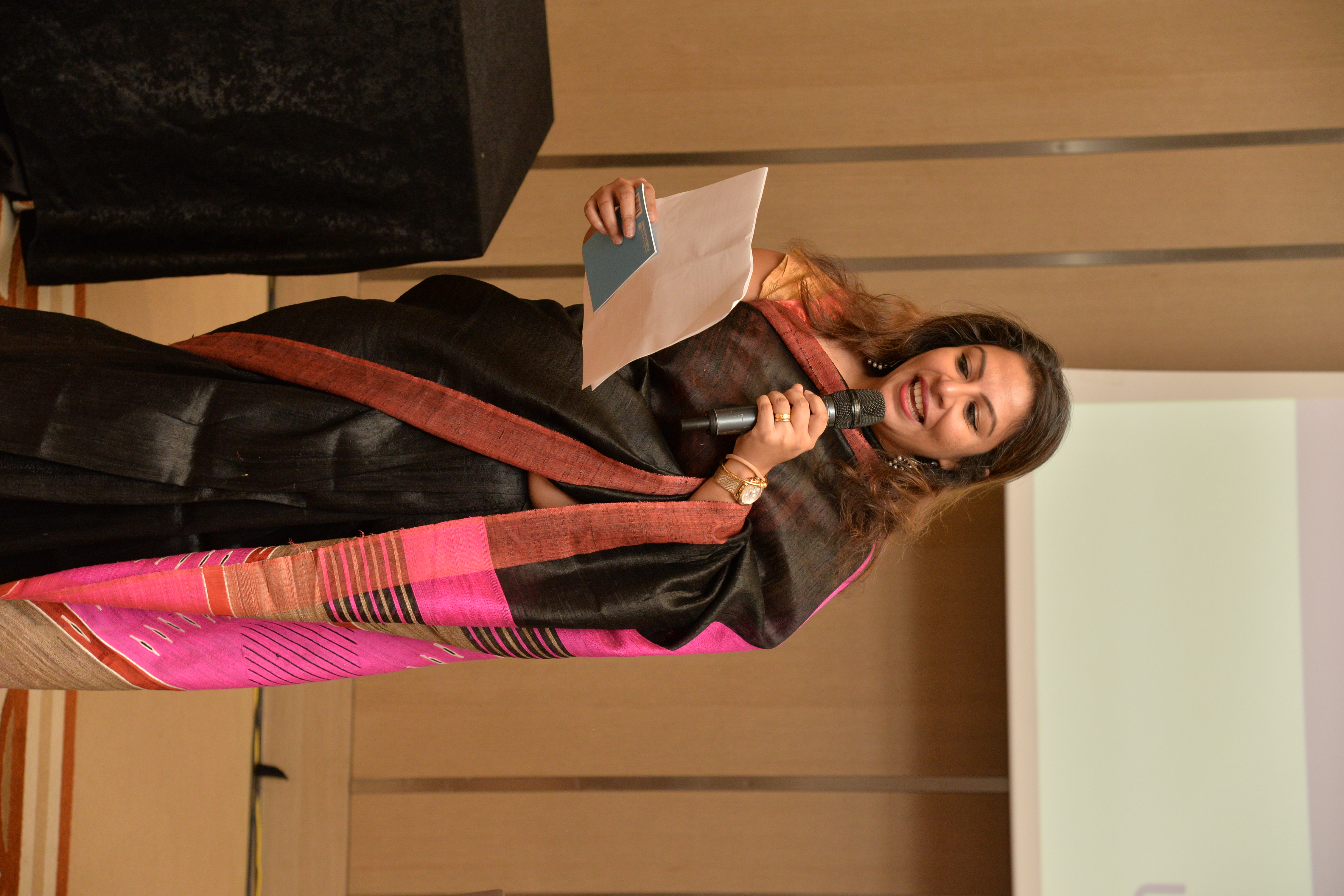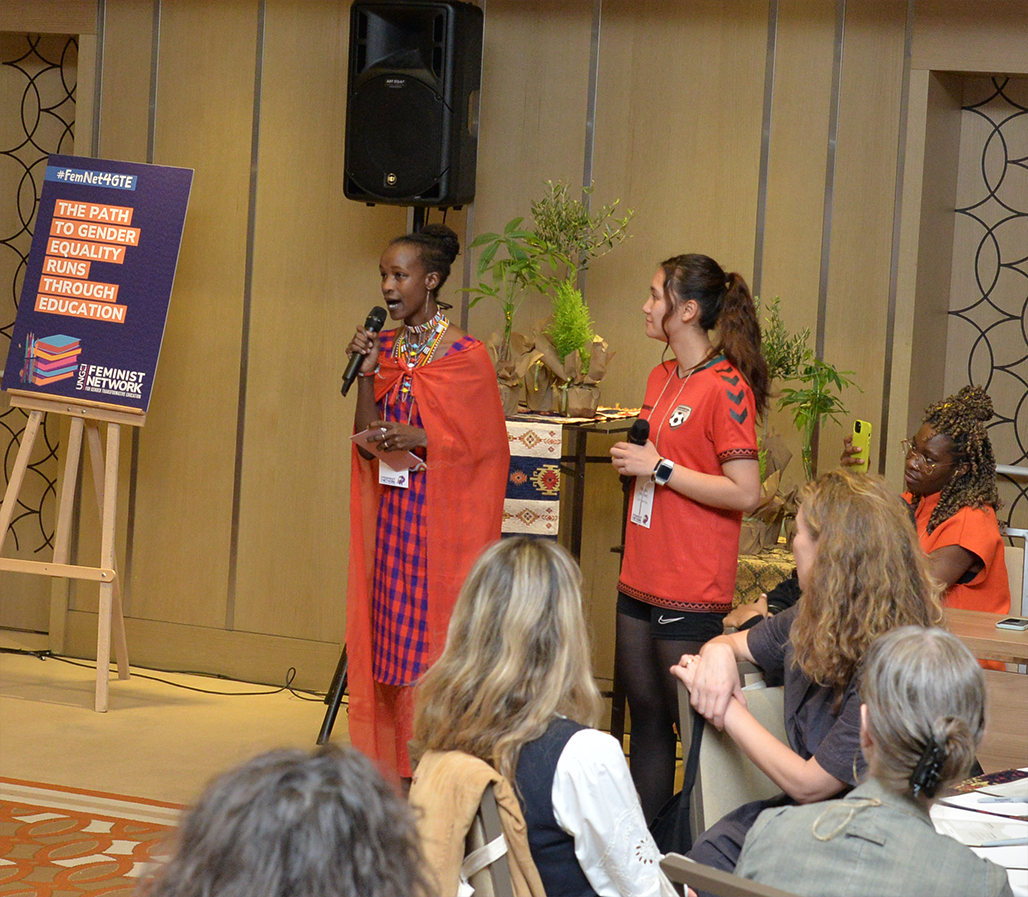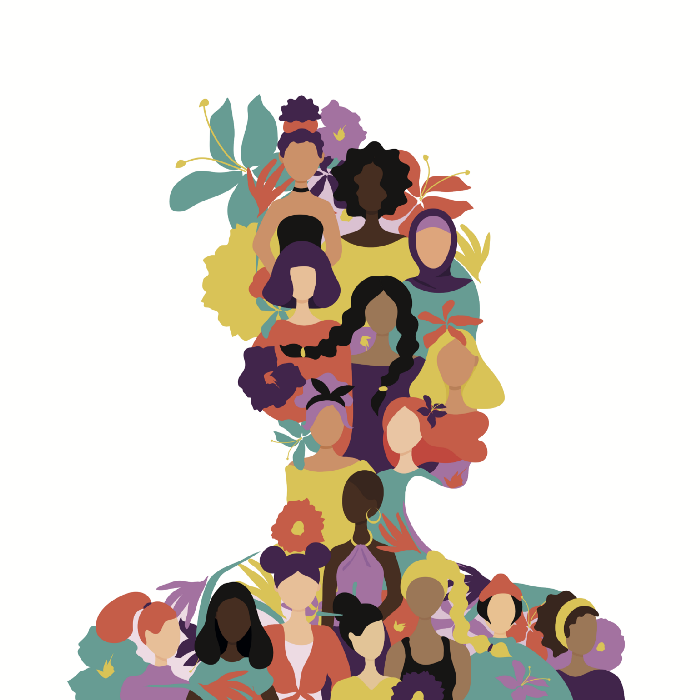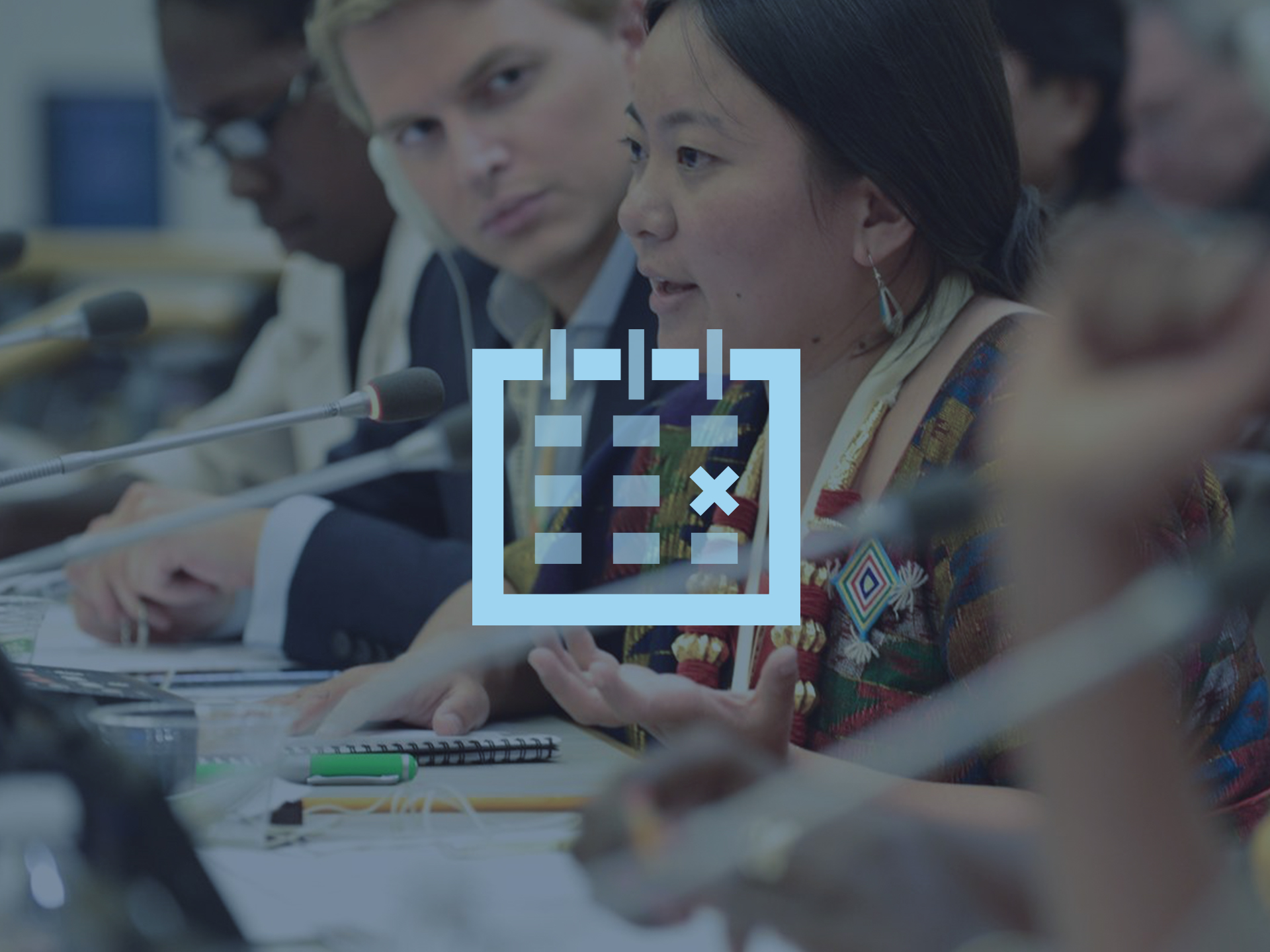Delivered by UNGEI Director, Antara Ganguli, during the opening of the Feminist Network for Gender Transformative Education, 2nd November 2023, in Istanbul, Türkiye.
As of this morning, according to AP Newswire, roughly 10,000 people have died in Israel and Palestine, almost 90% of them in Gaza. In Afghanistan, according to UNESCO, 1.1 million teenage girls in Afghanistan are in a state of prison-ship at home, not allowed to go to school, not allowed to go to the market and as one girl told me tearfully on a Zoom call, not even allowed to go on picnics. In Sudan, 13 million children are in urgent need of humanitarian assistance. And in Haiti, 40,000 people have been displaced in just the last two months by gang-wars. And of course there’s Ukraine. And Ethiopia. Statelessness in Somalia. And more. And more. And more.

Universal Declaration of Human Rights.
The United Nations was forged in the crucible of World War II to “save succeeding generations from the scourge of war.” Who among us can look at the world today and believe that we have achieved that? This is the Universal Declaration of Human Rights. It is based on the principle of “fundamental human rights, in the dignity and worth of the human person and in the equal rights of men and women.” But do you think the men from the 14 European countries who met in London in St. James Palace in 1941 to write the first declaration wrote these exact words? No. It took the leadership of Eleanor Roosevelt of the United States, Minerva Bernardino of the Dominican Republic, Begum Shaista Ikramullah of Pakistan, Angela Jurdak Khoury of Lebanon; Fryderyka Kalinowski of Poland, Hansa Mehta of India and Bodil Begtrup of Denmark to change the language. Imagine what this would have looked like if they hadn’t changed “All men are born free and equal” to “All human beings are born free and equal.” Imagine what this Declaration would have looked like if that original declaration and conference hadn’t been only of men. Hadn’t been overwhelmingly white. Hadn’t been meeting in the heart of a colonial empire whose oppression many of us sitting in this room today are still recovering from.
The power structures that those women corrected by copy-editing the Universal Declaration of Human Rights at the eleventh hour continue to exist today. They persist in closed decision making chambers. They persist in vetoes. They persist in the way aid is “given” and the language of that “aid” which rarely tots up in the other column what was taken from these countries in the first place. The hunger for power and territory that started the two World Wars and led to the creation of the UN – come on my friends, they are still with us today and it taints UN processes and institutions too. The insecurity of patriarchs, the fear that patriarchs feel, the greed of patriarchs….still surrounds us wherever we are.
And yet, and yet – we are not born as patriarchs. No child is born wanting to hurt another child. No child is born wanting to start a war. This is something that is learned, that is role-modelled. And just as patriarchy can be learnt, it can be unlearnt. And there’s where all of you feminists come in.

and Narges, Girl Power Org, open FemNet4GTE.
We have a job to do here today. And our job, as Selina and Narges have told us, is twofold. The first is to listen. Hear each other’s expertise and trust each other’s intention. The second is to bring together everything into one movement that combines what I think are the two most powerful human rights: gender equality and education.
For me and for many of us, these two fundamental rights are indivisible. But too often, they are separated. Gender equality becomes just about women’s economic empowerment. Education becomes only about children in schools learning to read and write. When we segregate human rights, then the most vulnerable fall through because they need both. The overlapping and intersectional vulnerabilities girls face remain unseen and unheard. Even within this room we compete. Our proposals compete, our events compete, our programmes compete. We all want the same shrinking donor budget and attention.
This is the feminist movement we are going to build together. We started last year with a coalition in New York who told us that they need more, much more of this – more discussion to prioritize, more solidarity building, more joint political strategizing. Over the next two days we have eight thematic sessions, each led by a civil society organization or activist who is an expert in the theme. We will have two outcome sessions across the two days – the first to come to a broad strokes understanding of what is gender transformative education (what does it actually look like and what does it take to do) and the second on what we as a community, as a movement, want to prioritize to achieve together over these 3 years – 2023 to 2025 which is the time period for which UNGEI has funding to convene this network. And what will we do together beyond 2025? The world is ours to protect, sisters and allies. Ours to build. Ours to connect.
A huge, huge thank you for taking the first step in being here. We hope that together we will build community and strategize for the future in our own, feminist ways with our own feminist methodology, including for measuring success.
So let me end here on that note. Here’s to some fantastic arguments and debates that challenge us. Here’s to some strategic goals that we will develop together and work towards achieving together. Here’s to friendships old and new. Here’s to singing and dancing together in the evenings and eating some great Turkish food. And most of all, here’s to celebrating our feminist humanity.


